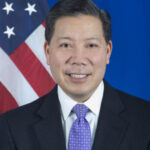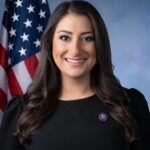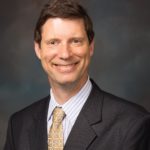U.S. credibility at the UN is impacted by Washington’s uneven commitment to paying its assessed contributions to the world body on time and in full. At a moment of increased geopolitical competition, with serious implications for the UN, China and other countries use every opportunity to highlight late payments and arrears to question U.S. leadership. The unpredictable timing and amount of U.S. payments has resulted in regular cash shortfalls, which constrain the UN’s ability to plan for and adapt to shifting global circumstances and priorities despite best efforts by the UN to adapt.
This moderated discussion will explore how sustained and dependable U.S. financial investment in the UN, both for assessed and voluntary funding, can advance U.S. national interests and improve the international body’s effectiveness and global impact. The session will consider the diplomatic, political and practical management opportunities that would result from both regular and dependable U.S. payments and more fulsome investment in other resources like personnel or enhanced training for other nations’ personnel. It will also showcase that a foundational element of renewed U.S. global leadership is engagement in the international system that includes full and regular financial support for its infrastructure.
Featured Speakers

Christopher P. Lu, Ambassador, United States Mission to the UN

Sara Jacobs, Representative, California’s 53rd Congressional District

Jordie Hannum, Executive Director, Better World Campaign
Moderated by

Andrew Hyde, Senior Fellow at Stimson with the Peace Operations and Protecting Civilians in Conflict Programs
